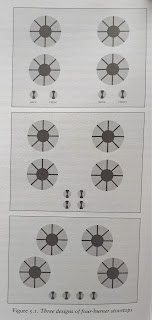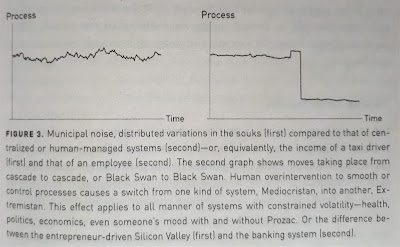Intelligent Design

Book Review: Richard Thaler and Cass Sunstein, "Nudge: Improving Decisions About Health, Wealth and Happiness", Penguin Books, 2009. Just over a decade ago, a book by the title Nudge took the world by storm. Today, there are numerous "nudge units" sponsored by governments (the most famous of which is the Behavioural Insights Team ), and one of the co-authors, Richard H. Thaler, won the 2017 Nobel Memorial Prize in Economics. Nudge is also listed on the Hufflepuff rationality bookshelf . Given the status of the book, it's odd that I haven't read it earlier. But now I have, and below are my notes. Nudge begins by asking how the director of food services for a city's school system should tell the cafeterias to arrange and display the food choices, knowing that (a) people, including kids, are influenced by small changes in context, such as the order of items, and (b) there's no way to avoid organizing the food. The authors, Richard Thaler and

